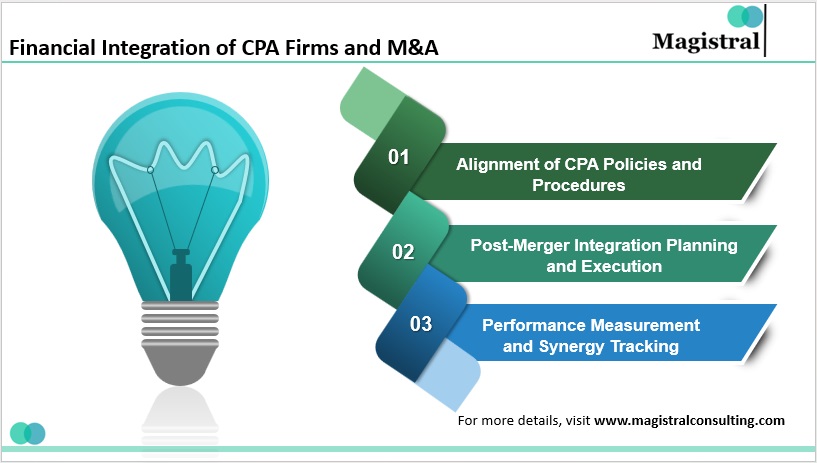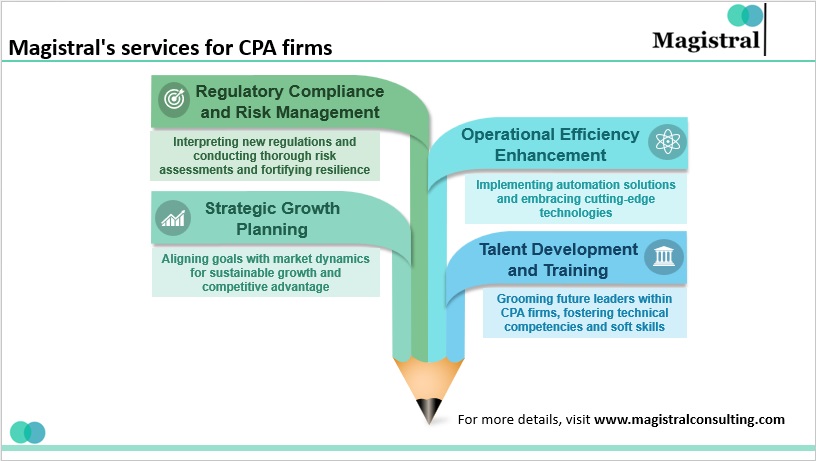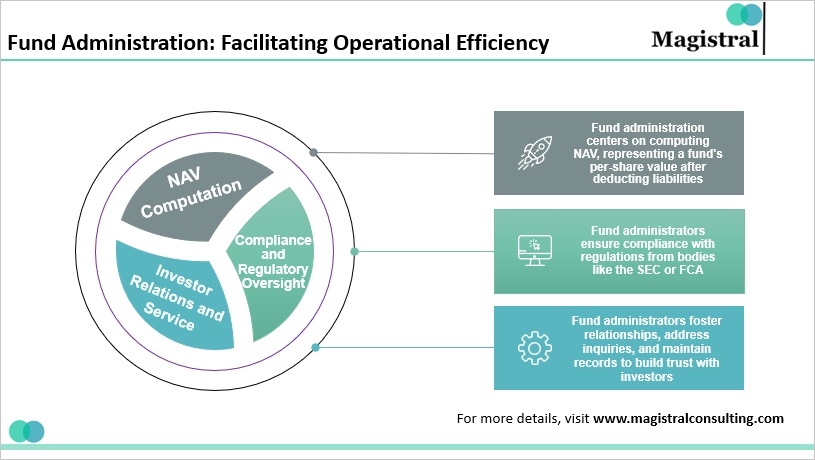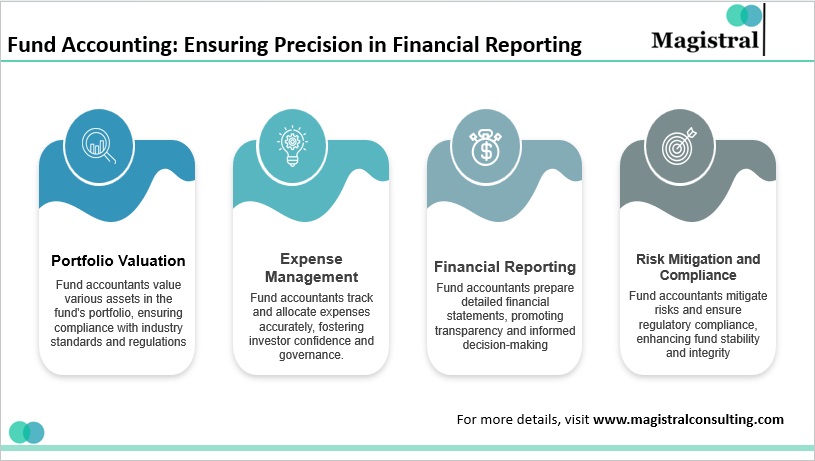Introduction
In the fast-paced realm of modern business, mergers and acquisitions (M&A) have emerged as essential strategies for companies seeking to expand, consolidate, or diversify. Amidst the intricate processes inherent in M&A transactions, accounting firms assume a central position, offering vital expertise and guidance. This article aims to explore the multifaceted contributions of such firms in facilitating successful mergers and acquisitions, shedding light on their pivotal involvement across various phases of the journey.
Due Diligence: The Foundation of Informed Decision-Making
In the realm of business, few endeavors match the significance and intricacy of due diligence. Whether in mergers, acquisitions, partnerships, or investments, due diligence stands as the foundation of informed decision-making. It encompasses comprehensive investigation, meticulous examination, and careful scrutiny, laying the groundwork for successful ventures.
Comprehensive Financial Analysis
CPA Firms meticulously scrutinize the financial records of target companies, conducting thorough examinations of balance sheets, income statements, and cash flow statements. This detailed analysis provides acquirers with valuable insights into the financial health and performance trajectory of the targets.
Risk Assessment and Mitigation
In addition to financial analysis, these firms conduct exhaustive assessments to identify potential risks associated with target companies, including legal liabilities, regulatory compliance issues, operational challenges, and market fluctuations. By quantifying and evaluating these risks, firms empower acquirers to develop effective strategies for risk mitigation, thereby safeguarding their investments and ensuring a smooth post-acquisition transition.
Valuation Expertise and Fair Value Determination
Leveraging their proficiency in financial modeling and valuation methodologies, accounting firms play a crucial role in determining the fair value of target entities. Through meticulous analysis, including discounted cash flow and comparable company assessments, they provide acquirers with a clear understanding of the intrinsic value of the targets, facilitating fair and equitable negotiations.
Regulatory Compliance: Navigating Legal and Regulatory Frameworks
In the intricate landscape of modern business, regulatory compliance stands as a fundamental pillar upon which organizations build their operations. From startups to multinational corporations, adherence to legal and regulatory frameworks is non-negotiable.
Adherence to CPA Standards and Regulations
CPA Firms guide acquirers through the complex landscape of CPA standards, including Generally Accepted CPA Principles (GAAP) or International Financial Reporting Standards (IFRS). By meticulously reviewing financial statements and CPA practices, firms ensure compliance with regulatory requirements, promoting transparency and integrity in financial reporting.
Tax Optimization Strategies
Recognizing the significant tax implications inherent in M&A transactions, accounting firms develop tax-efficient structures and strategies to minimize tax liabilities and optimize post-transaction value. This involves a comprehensive understanding of tax laws, regulations, and incentives, enabling them to navigate the complexities of tax planning effectively, thereby enhancing financial outcomes and preserving shareholder value.
Regulatory Due Diligence and Compliance Audits
Accounting firms conduct thorough reviews of regulatory filings, compliance documentation, and legal agreements to verify adherence to industry-specific regulations and legal mandates. By meticulously scrutinizing regulatory landscapes, they enable acquirers to address compliance gaps proactively, mitigating the risk of regulatory penalties or legal disputes.
Financial Integration: Harmonizing Operations and Systems
In the dynamic world of business, mergers, acquisitions, and strategic partnerships have become commonplace strategies for growth and expansion. However, the success of such endeavors hinges greatly on how well the financial aspects of the involved entities are integrated. Financial integration, therefore, plays a critical role in harmonizing operations and systems to ensure a smooth transition and optimal performance post-transaction.

Financial Integration of CPA Firms and M&A
Alignment of CPA Policies and Procedures
Following acquisitions, firms collaborate with management teams to harmonize CPA policies, chart of accounts, and financial reporting practices across acquiring and target entities. This alignment ensures seamless integration of financial systems, facilitating accurate and consolidated financial reporting.
Post-Merger Integration Planning and Execution
CPA Firms play a pivotal role in developing comprehensive integration plans, outlining key milestones, responsibilities, and timelines for post-merger integration activities. From aligning organizational structures and workflows to integrating IT systems and databases, they work closely with management teams to ensure a smooth transition and minimize disruptions to business operations.
Performance Measurement and Synergy Tracking
Through the establishment of performance metrics and benchmarks, these firms enable acquirers to monitor the progress of integration efforts and track the realization of synergies. By defining clear objectives and KPIs, they help management teams assess the effectiveness of integration initiatives, identifying areas for improvement and optimization.
Risk Management: Mitigating Operational and Financial Risks
In the realm of business, uncertainty is an ever-present element that can profoundly affect the prosperity and longevity of an organization. From operational disturbances to financial unpredictability and unforeseen occurrences, businesses encounter diverse risks that can endanger their goals and financial viability. Consequently, adept risk management becomes imperative to recognize, evaluate, and alleviate these risks, thereby ensuring the continuity of business operations and financial equilibrium.
Identification of Operational Risks and Control Weaknesses
CPA Firms conduct comprehensive assessments of operational processes, internal controls, and risk management frameworks to identify potential vulnerabilities and control weaknesses. By evaluating the effectiveness of existing controls and procedures, they assist acquirers in mitigating operational risks and strengthening internal control environments, enhancing the overall resilience of the combined entity.
Implementation of Robust Internal Control Frameworks
Building upon the findings of their risk assessments, CPA Firms assist acquirers in implementing robust internal control frameworks tailored to the needs and complexities of the combined entity. From segregation of duties to access controls and risk monitoring mechanisms, they help establish a culture of accountability and transparency, reducing the likelihood of fraud, errors, or compliance breaches.
Contingency Planning and Risk Mitigation Strategies
Anticipating potential challenges and contingencies, these firms collaborate with management teams to develop comprehensive contingency plans and risk mitigation strategies. By identifying alternative courses of action and preemptively addressing potential risks, they help acquirers navigate uncertainties and safeguard their investment against adverse events.
Empowering CPA Firms: Magistral Consulting’s Tailored Solutions
Magistral Consulting stands out as a premier advisor, specializing in services designed to elevate Certified Public Accountant (CPA) firms. Through collaborative strategies and client-centric approaches, Magistral Consulting aims to enhance the performance and capabilities.

Magistral’s services for CPA firms
Strategic Growth Planning
Magistral Consulting works closely with CPA Firms to craft clear strategic visions aligned with long-term goals and market dynamics. Through in-depth analyses of internal strengths and external opportunities, Magistral Consulting assists them in formulating actionable strategies for sustainable growth and competitive advantage. Leveraging market insights, Magistral Consulting identifies growth opportunities and expansion paths. Whether entering new markets, diversifying services, or targeting specific clientele, Magistral Consulting tailors’ strategies to enhance market presence and revenue streams.
Operational Efficiency Enhancement
Magistral Consulting assesses operational workflows within these firms to pinpoint inefficiencies and streamline processes. By implementing automation solutions and streamlining workflows, Magistral Consulting boosts productivity and reduces operational costs. Magistral Consulting supports firms in adopting state-of-the-art technologies such as cloud-based accounting software and data analytics tools. Embracing technology enables them to enhance efficiency and elevate client service delivery.
Talent Development and Training
Magistral Consulting offers tailored training initiatives covering technical competencies, soft skills, and leadership development tailored to the specific needs of these firms. Collaborating with them, Magistral Consulting facilitates the development of succession plans to groom future leaders and ensure seamless transitions.
Regulatory Compliance and Risk Management
Magistral Consulting provides expert advice on regulatory compliance, assisting CPA firms in interpreting new regulations and implementing compliance measures effectively. Magistral Consulting conducts thorough risk assessments and devises proactive strategies to mitigate vulnerabilities and strengthen resilience, ensuring they are well-prepared to navigate regulatory challenges and operational risks.
Why are CPA firms considered pivotal in mergers and acquisitions (M&A) processes?
CPA firms bring essential financial expertise to M&A transactions, conducting thorough due diligence, risk assessments, and financial analyses that are crucial for informed decision-making.
How do CPA firms assist in regulatory compliance during M&A transactions?
CPA firms guide acquirers through complex regulatory landscapes, ensuring adherence to accounting standards, tax laws, and industry-specific regulations to mitigate legal risks.
What role do CPA firms play in post-merger integration?
CPA firms collaborate with management teams to harmonize accounting policies, financial reporting practices, and operational workflows across acquiring and target entities, facilitating seamless integration.
How do CPA firms contribute to risk management in M&A transactions?
CPA firms conduct comprehensive risk assessments, identify operational vulnerabilities, and develop proactive strategies to mitigate risks, safeguarding the interests of acquirers and preserving shareholder value.
Can CPA firms assist in talent development and training for CPA firms involved in M&A activities?
Yes, CPA firms offer tailored training programs covering technical competencies, soft skills, and leadership development to enhance the capabilities of these firms engaged in M&A transactions, ensuring they are well-equipped to navigate the complexities of the process.
About Magistral Consulting
Magistral Consulting has helped multiple funds and companies in outsourcing operations activities. It has service offerings for Private Equity, Venture Capital, Family Offices, Investment Banks, Asset Managers, Hedge Funds, Financial Consultants, Real Estate, REITs, RE funds, Corporates, and Portfolio companies. Its functional expertise is around Deal origination, Deal Execution, Due Diligence, Financial Modelling, Portfolio Management, and Equity Research
For setting up an appointment with a Magistral representative visit www.magistralconsulting.com/contact
About the Author
The article is authored by the Marketing Department of Magistral Consulting. For any business inquiries, you can reach out to prabhash.choudhary@magistralconsulting.com



